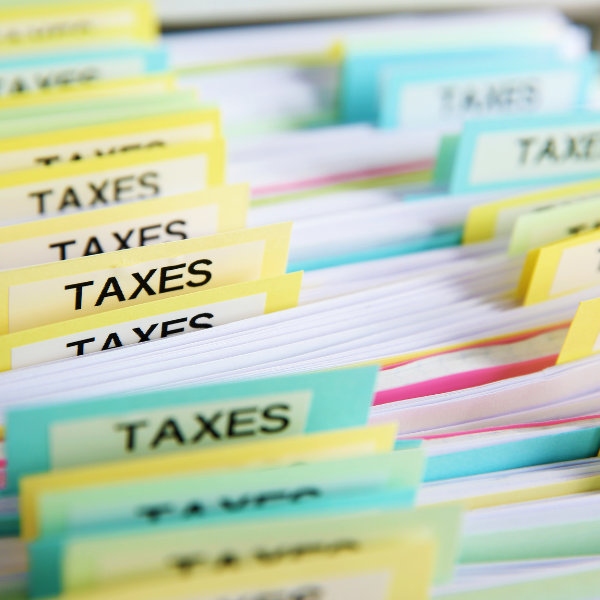
One of the most expensive parts of purchasing commercial real estate is handling the mortgage recording tax. Although this fee is not present in all states, the large percentages and steep mortgage requirements could take potential buyers by surprise.
What is a mortgage recording tax, and what should you expect if you are planning to buy commercial real estate in areas like New York City, NY? This article will cover some of the most important aspects of the mortgage recording tax, including:
• What a mortgage recording tax is
• The person responsible for paying a mortgage recording tax
• Which states require the mortgage recording tax
• All properties required to pay a mortgage recording tax
• Methods of lowering your mortgage recording tax liability
What Is Mortgage Recording Tax?
A mortgage recording tax is a one-time fee assessed for the ‘privilege’ of purchasing and financing a piece of property. It does not apply to commercial real estate being purchased in cash. If you are relying on a bank or other financial institution for a mortgage, you will be required to pay a mortgage recording tax.
The cost of your mortgage recording tax varies according to your city, state, and county lines. Some areas of the US charge 12 cents or less per $100 of mortgage. Others, including New York City, charge as much as 50 cents per $100.
Who Is Responsible For Paying A Mortgage Recording Tax?
The property buyer is almost always responsible for paying the mortgage recording tax. Although the seller may be willing to pay for part of it, it is highly unlikely that this will happen during your next commercial real estate purchase.
As a buyer, you are responsible for paying off the mortgage recording tax within a few months of the purchase. Should you wait longer than that, you may begin to rack up late fees that tack on to the already sizable tax.
Depending on the state and lender in question, your bank may be required pay for at least .25% of the tax. Bear in mind that this is rarely large enough to make a dent in the overall price of your tax.
Some states will also chip in money to pay down your tax. For example, the New York Department of Finance will contribute $30 total towards a mortgage recording tax.
What States Have A Mortgage Recording Tax?
As of 2021, only eight states require property buyers to pay a mortgage recording tax. They include the following:
• Alabama
• Florida
• Kansas
• Minnesota
• New York
• Oklahoma
• Tennessee
• Virginia
• Washington, D.C.
Some states have much higher costs per mortgage than others. For example, commercial real estate for sale in Port St. Lucie may cost thousands of dollars more than Birmingham, AL. When looking for commercial real estate for sale in a more expensive location like New York City, NY, you might want to consider all mortgage costs before signing any contracts.
Types Of Properties Subject To A Mortgage Recording Tax
Real property is the only type of commercial real estate that is subject to a mortgage recording tax. Also known as fixed property, this type of real estate is specifically referring to buildings, land, and other tangible elements of property. This may include:
• Office space
• Industrial property
• Flex office
• Warehouse
• Retail space
• Multifamily housing
• Healthcare and medical properties
• Commercial land and lots
If you are interested in purchasing commercial property that falls into one of these categories, you will be subject to a mortgage recording tax.
How to Handle A Mortgage Recording Tax
If you are planning on purchasing any form of commercial property, you will likely need to pay at least some of a mortgage recording tax. However, there are some ways to reduce your liability before signing any contracts.
Speak with a professional to calculate your specific rate on the property you want to buy. This will give you plenty of time to consider the real cost of local commercial real estate.
Work with a commercial real estate broker that offers a buyer commission rebate. This may help to offset larger mortgage recording taxes. Some brokers offer rebates up to 2%, greatly reducing your initial expenditures.
Consider applying for a Consolidation, Extension, and Modification Agreement loan (CEMA). This will drastically reduce your mortgage recording tax liability, particularly for commercial real estate. Note that this method should only be used if your current interest rate is higher than the going rate.
Being unfamiliar with the mortgage recording tax could prevent you from achieving your commercial property goals. Make sure that you are well aware of your liability, price range, and mortgage needs before rushing into a purchase decision.

